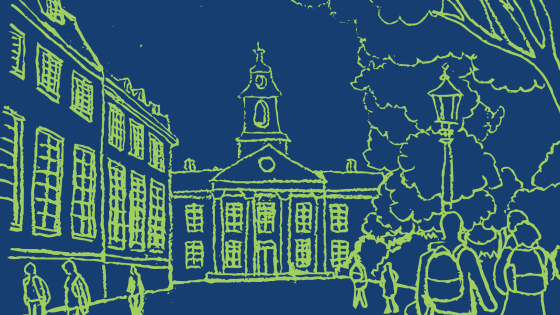Ed Morgan is the national president of Canadian Jewish Congress and a law professor at the University of Toronto. He is a member of Scholars for Peace in the Middle East and is a participant in the SPME “Postcolonial and the Middle East Conference at Case Western Reserve University
One of S.Y. Agnon’s most insightful tales, The Kilikov Trial, is also one of his shortest. In fact, it is so concise that I will reproduce it here in full before drawing on its lessons:
I have still not concluded all my praise for Kilikov, for not for its worldly qualities alone is Kilikov to be extolled, but it is to be praised for the judicial decisions of its judges. What are the decisions of its judges? It is told that once, during the Polish wars, a gentile killed his friend in Kilikov. Maliciously or accidentally? From the judgment it emerges that he was killed with malice. He was put in jail and convicted of killing, as a man is convicted when murdering another with malice.
When the murderer was taken out to be hanged it was remembered that he was a blacksmith by profession and that in all Kilikov there was no other blacksmith. And indeed a city cannot cope without a blacksmith, who serves the needs of many.
They investigated and found that in the city there were two tailors but that they could make do with one. The judges reconvened and said: instead of the blacksmith we shall hang one tailor and we shall let the blacksmith live, for the city cannot manage without a blacksmith but one tailor will suffice.
They acquitted the blacksmith and brought him back from the hangman’s house and in his stead they hanged one of the two tailors living in the city. Which of the two I do not know, but I do know a poem which the wise man Mordechai Ben David Starlisker, known as Marbad Set, composed about it, the conclusion of which hints at its beginning:
Here there are two who are tailors
One is put on trial and he will be punished severely
Then shall the country see your wisdom and be fearful
And thereafter no man shall willfully offend.
This story was introduced to me by Dr. Shulamit Almog, who teaches law at Haifa University, who in turn was introduced to it by Justice Haim Cohen, one of the luminaries of Israeli law. According to Justice Cohen, the short tale of Kilikov encapsulates all of Agnon’s wisdom regarding the complexities and ambiguities of law and justice. Although it has the feel of a period piece about pre- war Europe, it contains a timeless lesson for all of us in the business of advocating for a better society. The premier of Ontario has recently announced his government’s intention to withdraw legal recognition from all religiously arbitrated family law disputes. The announcement comes on the heals of a campaign by the Muslim community to bring Sharia-based family law tribunals to Ontario, and a counter-campaign by Muslim women to ban the use of Islamic law in such a gender-sensitive context. The Beit Din, which has for many years provided family adjudications for the Orthodox sector of our community, has been sacrificed for the sake of gender equality across all sectors of society. Creating a just society, as Agnon’s characters learned in Kilikov, is indeed a complicated affair. That which the government sees as serving the collective good may be entirely unjust to the individual or to the smaller community, while that which is fair to the individual or smaller community may be contrary to what the government sees as benefiting the society overall. The trick for Jewish advocacy is to argue for the right combination of both. May the new year bring us the wisdom to advocate for a better Canadian society that is at the same time fair to the Jewish life we share as a community. And may it bring us a society that is as delicately balanced as possible to enrich us all. Shana Tova.



